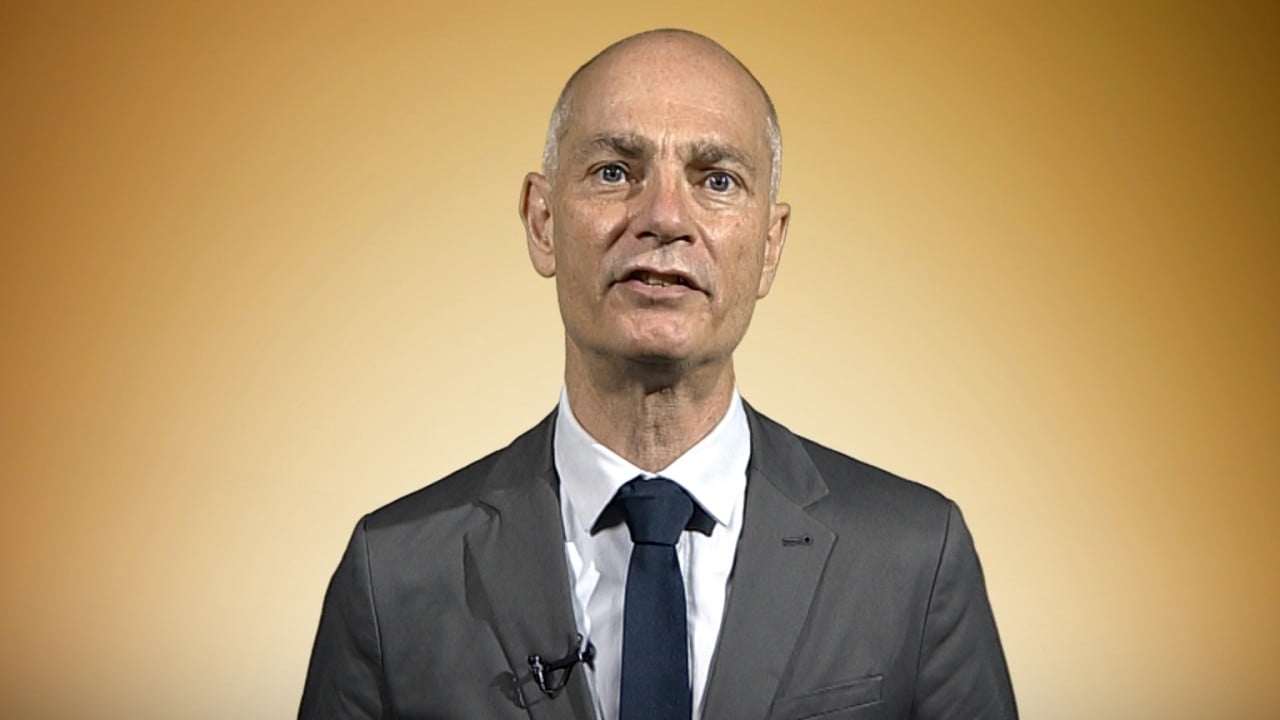
Hong Kong’s premium office vacancy rate hits 19-year high of 12 per cent as more companies adopt work-from-home policies to counter downturn
- There is 9.8 million sq ft of empty grade A space in the city, equivalent to about five International Finance Centres or 170 football fields, according to a CBRE report on Tuesday
- Kowloon East had the highest vacancy rate, at 14.6 per cent, while in the city’s main business zone, Central, the rate was 8.2 per cent
Some of Hong Kong’s main office districts – Wan Chai and Causeway Bay, Hong Kong East, Tsim Sha Tsui and Kowloon East – saw double-digit vacancy rates last month. Kowloon East had the highest at 14.6 per cent, the data showed.
The vacancy rate in the zone covered by Central, Admiralty and Sheung Wan increased from 7.6 per cent at the end of last year to 8.2 per cent by the end of June.
Several banks in Hong Kong were among the employers who adopted flexible working arrangement as the city continues to guard against Covid-19 infections.
The largest drop in office rents in the first half of 2022 was seen in Hong Kong East, where the average rate fell 3.9 per cent on a year-on-year basis.
Fung said the decline in average rents has been led by a surplus of supply in the market, which happened as companies tried to control costs by adopting remote-working policies.
She anticipates new office supply surging to 3.7 million square feet by the end of 2022, from 576,200 square feet last year.
“With business momentum forecast to resume along with the potential return of Chinese enterprises, leasing activity is expected to increase in [the second half of] 2022,” she said.
Overall, grade A office rents fell by 0.4 per cent in the second quarter, bringing the total decline for the first half of 2022 to 1 per cent. Gross leasing activity dropped 23 per cent to 855,700 square feet in the second quarter, resulting in a 6.7 per cent year-on-year slump in leasing volume.
Marcos Chan, the head of research at CBRE, said opportunities remain for both investors and occupiers as discounts are relatively large right now. The potential return of Chinese firms and a possible change of quarantine policies gives office owners a glimmer of hope, though they will still face challenges.
“The supply boom and a limited increase in demand will intensify competition,” he said.


